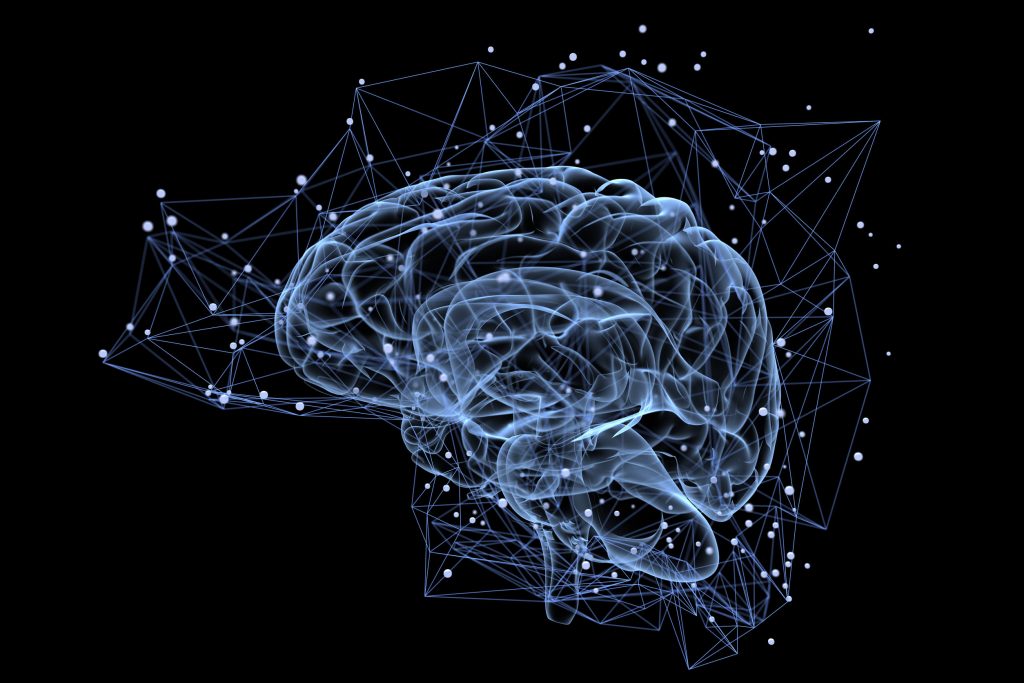Nature Knows and Psionic Success
God provides
Your Guide To The Top Nootropics For Beginners

Nootropics are rapidly becoming popular in the world because people want to boost intelligence, focus, memory, mood, and creativity – to get a competitive edge over others . It is a class of substances that can be synthetic or natural. Nootropics blogger, Simon Manning knows everything you need to know about these neuro-enhancers because he has experimented with supplements for over 10 years. The brain undergoes various processes and the activity of these drugs varies according to those processes in your brain . It is not entirely new to modify the brain function, for over a thousand years our forefathers have been altering the function of the brain with herbs and alcohol. Nootropics: Origin of the word In 1963, Dr. Corneliu Giurgea, a Romanian chemist and psychologist synthesized Piracetam . He eventually created the word “nootropic” in 1972 – ‘nous’ means mind and ‘trepein’ means to bend in Greek. How To Define Nootropics In order for a substance to be called a nootropic, Dr. Giurgea listed some characteristics it should have. A true nootropic should: Help the brain to work in situations like electroconvulsive shock and absence of oxygen Intensify mental processes naturally Improve learning ability and memory Must not depress or stimulate the brain, i.e. not harmful to humans In the presence of drugs like barbiturates, anticholinergic, it should shield the brain from harmful physical and chemical substances Usually, a nootropic has one specific function i.e. to boost memory or it might have more than one effect on the brain. Synonyms for Nootropics It can get confusing for a newbie when you come across many words used instead of just nootropics. The common terms are brain supplements, smart drugs, memory enhancers, neuroceuticals, brain drugs, neuro-enhancers, cognition-enhancing supplements, nootropic supplements, intelligence enhancers, nutraceuticals, cognitive enhancer etc. However, many knowledgeable […]
Click here to view full article
